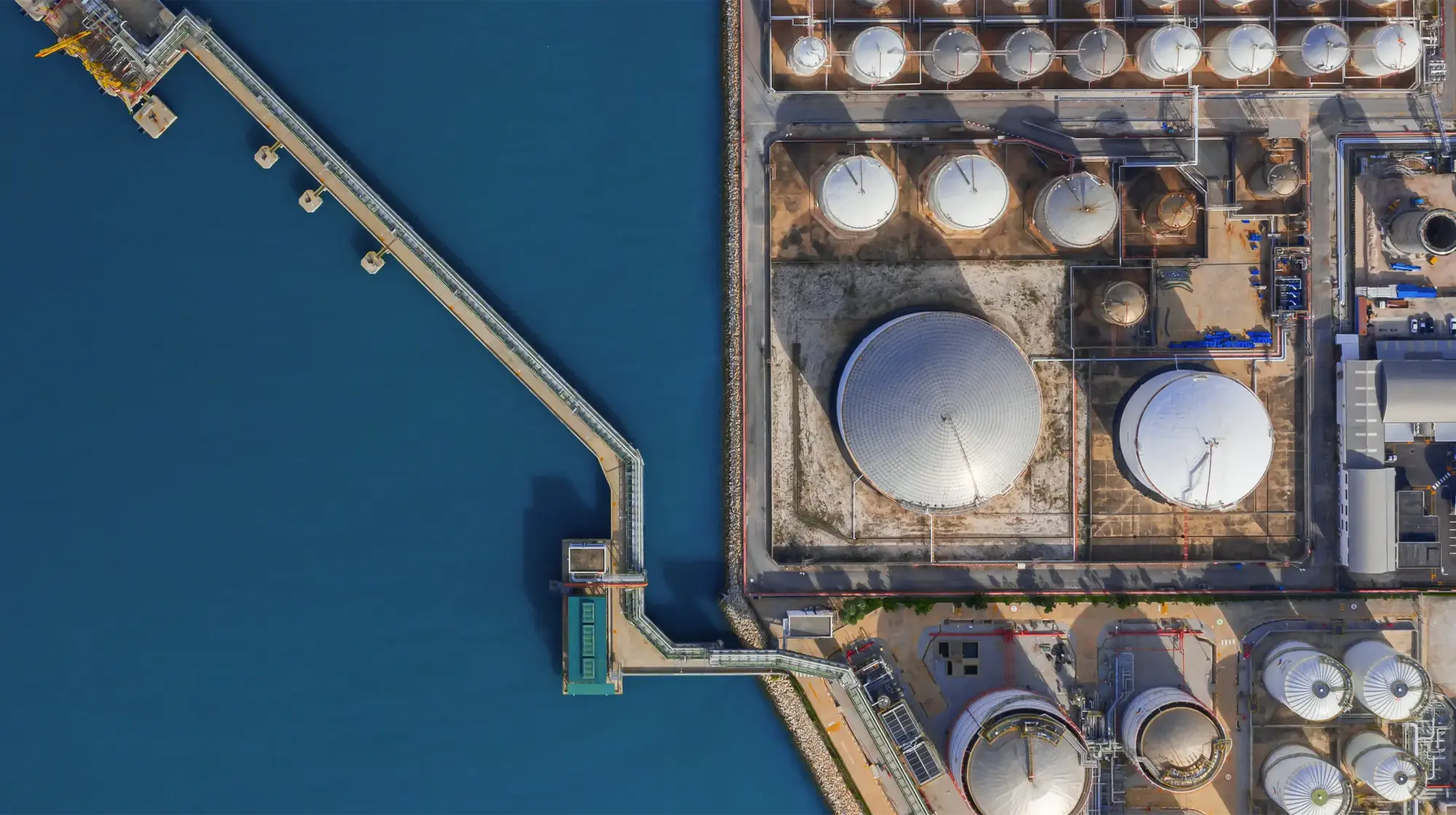Reports related to this article:
Project(s): View 3 related projects in PECWeb
Plant(s): View 3 related plants in PECWeb
en
Researched by Industrial Info Resources (Sugar Land, Texas)--CB&I announced last week it won a $200 million-plus contract to build a 250,000-gallon-per-day liquefied natural gas (LNG) plant in Tacoma, Washington. Production will be minuscule compared with proposals for much larger, export-driven facilities in North America, but on the other hand, such "micro LNG" projects can be less prone to major regulatory and market-related headaches.
Industrial Info is tracking 10 active micro LNG plants in the U.S. and Canada, with a combined investment value of $915.00 million. The projects range in capacity from 30,000 gallons to 300,000 gallons per day. In comparison, much larger export-driven LNG projects, such as the $25 billion LNG Canada plant at Kitimat, British Columbia, would produce as much as 12 million metric tonnes per year.
Besides the substantial differences in price tags and capacities, the other big difference between micro LNG facilities and their much bigger brethren has to do with what markets they support. Whereas Shell's Kitimat facility would produce LNG for overseas markets, the LNG from Puget Sound Energy's 250,000-gallon-per-day facility in Tacoma, Washington, will go to Totem Ocean Trailer Express (TOTE) to fuel two cargo ships, and will be used to serve local transportation companies looking to shift to LNG fuel.
With a total investment value of $275 million, construction of the Tacoma LNG project is expected to kick off in February 2027, with completion in third-quarter 2019. Washington's Utilities and Transportation Commission recently green-lit the financial mechanism to build and run the plant. Still, the project has not come without some controversy, with environmental activists staging a large protest at a recent open house held by Puget Sound Energy.
On the other hand, the future of the Kitimat facility in British Columbia is anything but certain. The LNG Canada consortium, led by Royal Dutch Shell plc (NYSE:RDS.A) (The Hague, Netherlands), announced in July it was delaying a final investment decision indefinitely as a result of low commodity prices and the global glut in LNG production.
And in Oregon, the 6-million-metric-tonne-per-year Jordan Cove LNG plant and terminal project by Veresen Incorporated (TSX: VSN) (Calgary, Alberta) is in limbo after the Federal Energy Regulatory Commission (FERC) denied the application for the project and a connecting pipeline in March. The FERC said the project developers failed to prove sufficient public benefit. Veresen is seeking a rehearing by FERC. Industrial Info is tracking roughly $7 billion in project activity related to Jordan Cove.
Industrial Info Resources (IIR), with global headquarters in Sugar Land, Texas, five offices in North America and 10 international offices, is the leading provider of global market intelligence specializing in the industrial process, heavy manufacturing and energy markets. Industrial Info's quality-assurance philosophy, the Living Forward Reporting Principle, provides up-to-the-minute intelligence on what's happening now, while constantly keeping track of future opportunities. Follow IIR on: Facebook - Twitter - LinkedIn. For more information on our coverage, send inquiries to info@industrialinfo.com or visit us online at http://www.industrialinfo.com/.
Industrial Info is tracking 10 active micro LNG plants in the U.S. and Canada, with a combined investment value of $915.00 million. The projects range in capacity from 30,000 gallons to 300,000 gallons per day. In comparison, much larger export-driven LNG projects, such as the $25 billion LNG Canada plant at Kitimat, British Columbia, would produce as much as 12 million metric tonnes per year.
Besides the substantial differences in price tags and capacities, the other big difference between micro LNG facilities and their much bigger brethren has to do with what markets they support. Whereas Shell's Kitimat facility would produce LNG for overseas markets, the LNG from Puget Sound Energy's 250,000-gallon-per-day facility in Tacoma, Washington, will go to Totem Ocean Trailer Express (TOTE) to fuel two cargo ships, and will be used to serve local transportation companies looking to shift to LNG fuel.
With a total investment value of $275 million, construction of the Tacoma LNG project is expected to kick off in February 2027, with completion in third-quarter 2019. Washington's Utilities and Transportation Commission recently green-lit the financial mechanism to build and run the plant. Still, the project has not come without some controversy, with environmental activists staging a large protest at a recent open house held by Puget Sound Energy.
On the other hand, the future of the Kitimat facility in British Columbia is anything but certain. The LNG Canada consortium, led by Royal Dutch Shell plc (NYSE:RDS.A) (The Hague, Netherlands), announced in July it was delaying a final investment decision indefinitely as a result of low commodity prices and the global glut in LNG production.
And in Oregon, the 6-million-metric-tonne-per-year Jordan Cove LNG plant and terminal project by Veresen Incorporated (TSX: VSN) (Calgary, Alberta) is in limbo after the Federal Energy Regulatory Commission (FERC) denied the application for the project and a connecting pipeline in March. The FERC said the project developers failed to prove sufficient public benefit. Veresen is seeking a rehearing by FERC. Industrial Info is tracking roughly $7 billion in project activity related to Jordan Cove.
Industrial Info Resources (IIR), with global headquarters in Sugar Land, Texas, five offices in North America and 10 international offices, is the leading provider of global market intelligence specializing in the industrial process, heavy manufacturing and energy markets. Industrial Info's quality-assurance philosophy, the Living Forward Reporting Principle, provides up-to-the-minute intelligence on what's happening now, while constantly keeping track of future opportunities. Follow IIR on: Facebook - Twitter - LinkedIn. For more information on our coverage, send inquiries to info@industrialinfo.com or visit us online at http://www.industrialinfo.com/.


